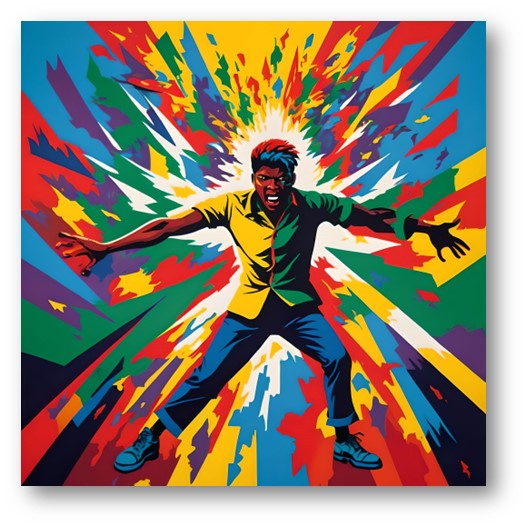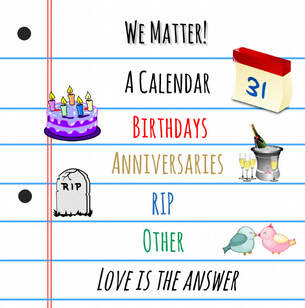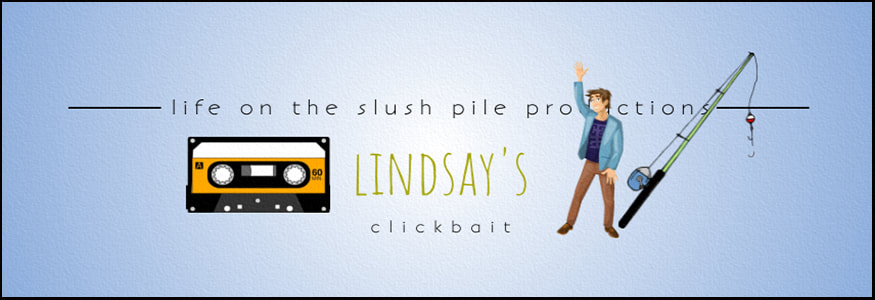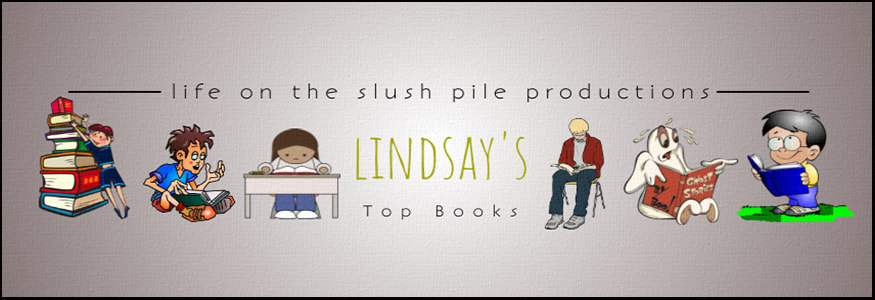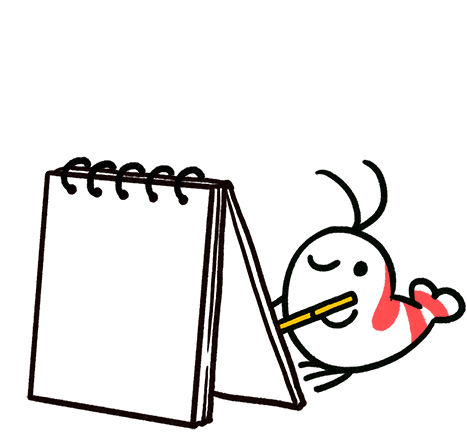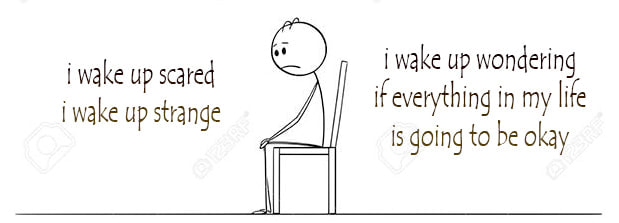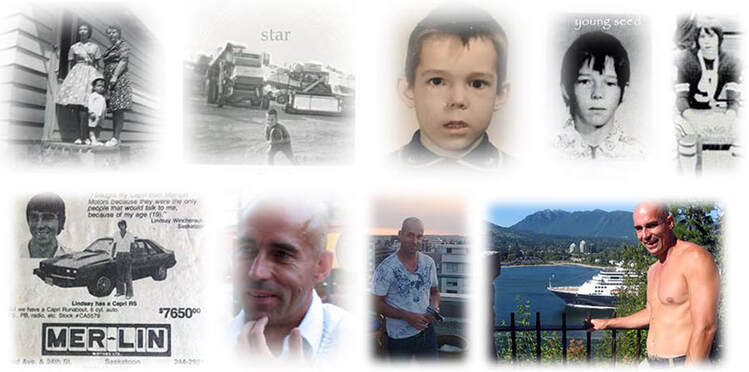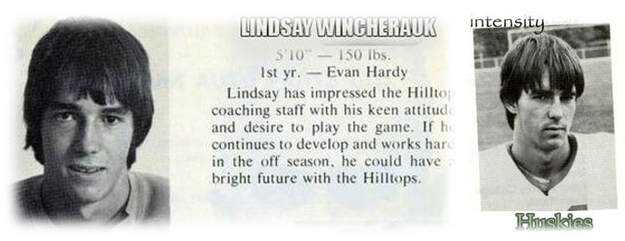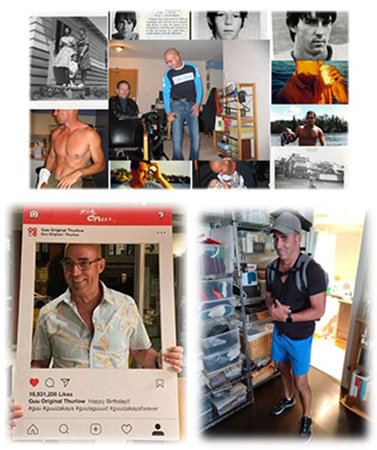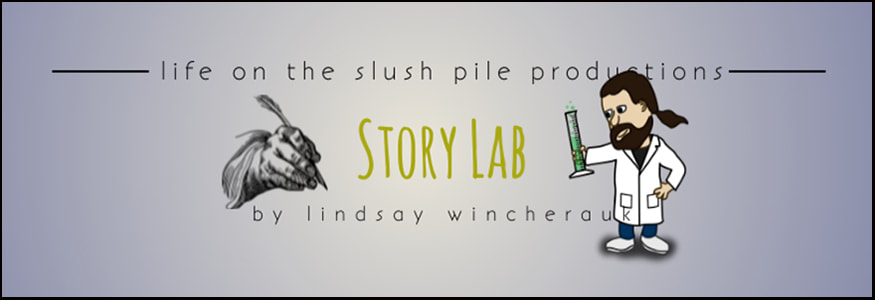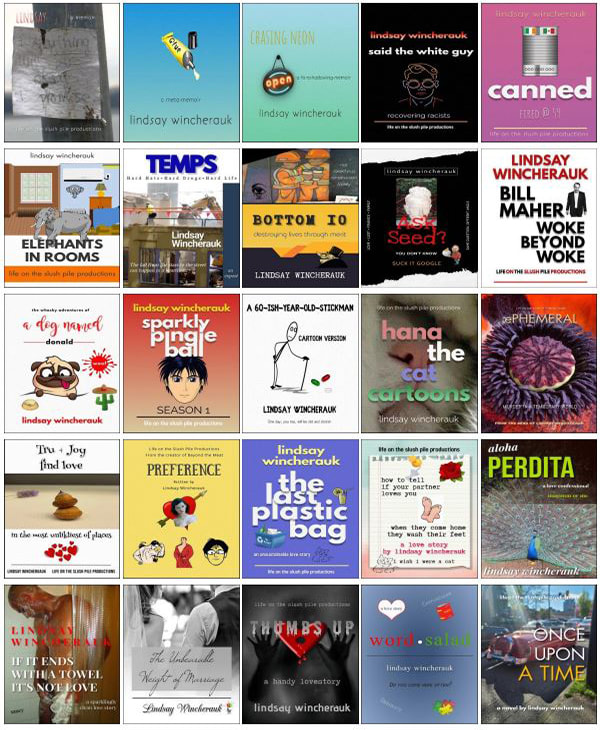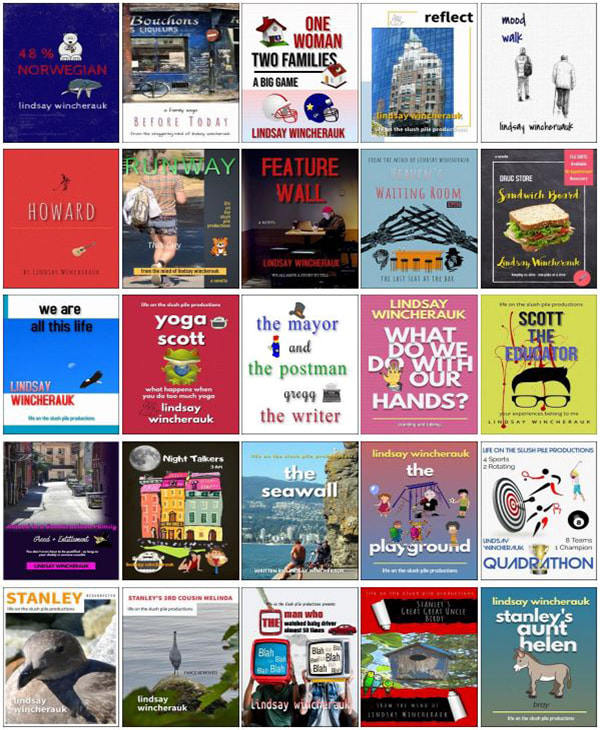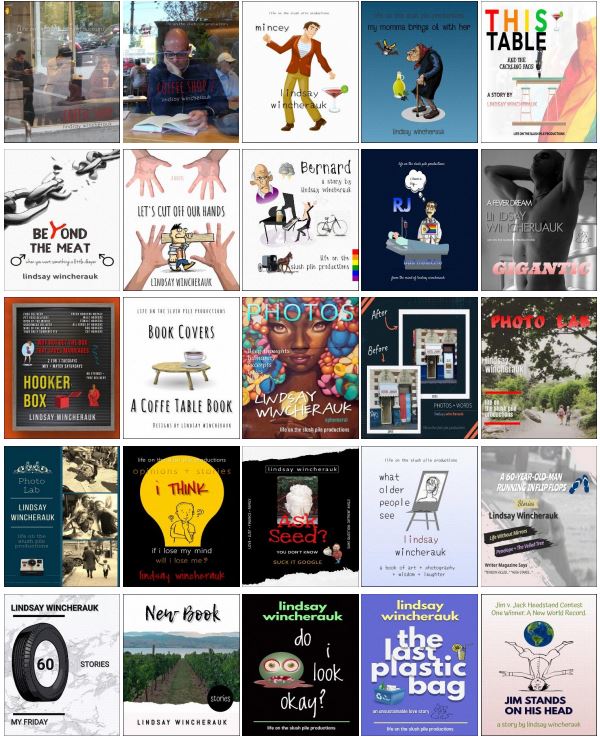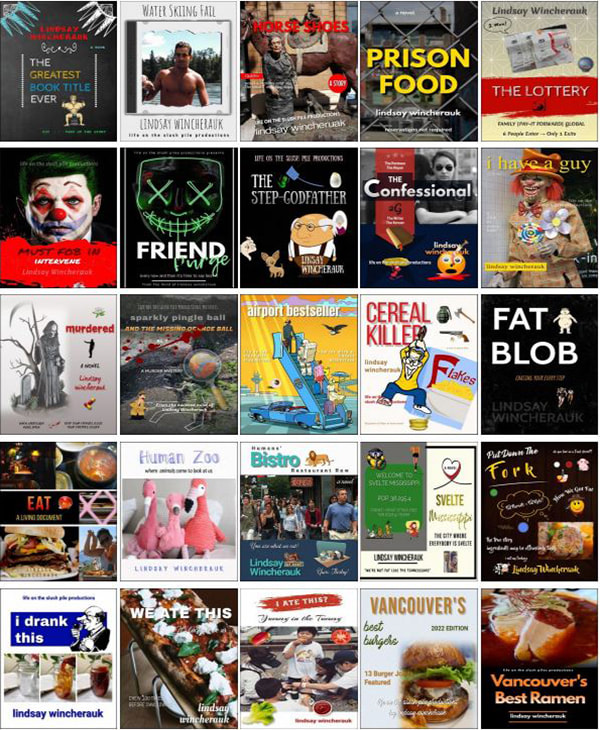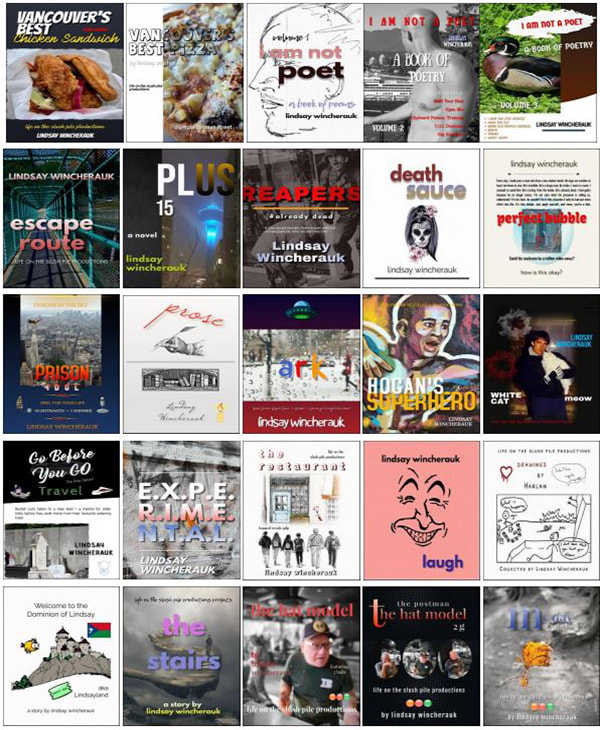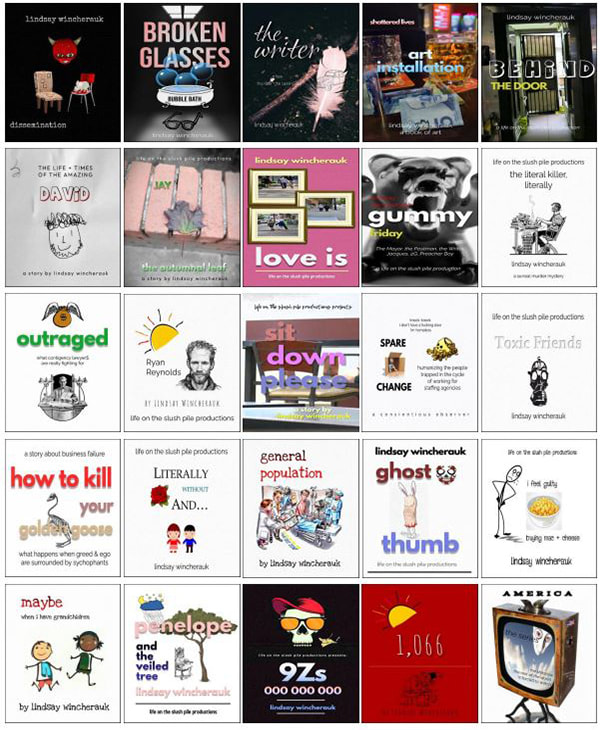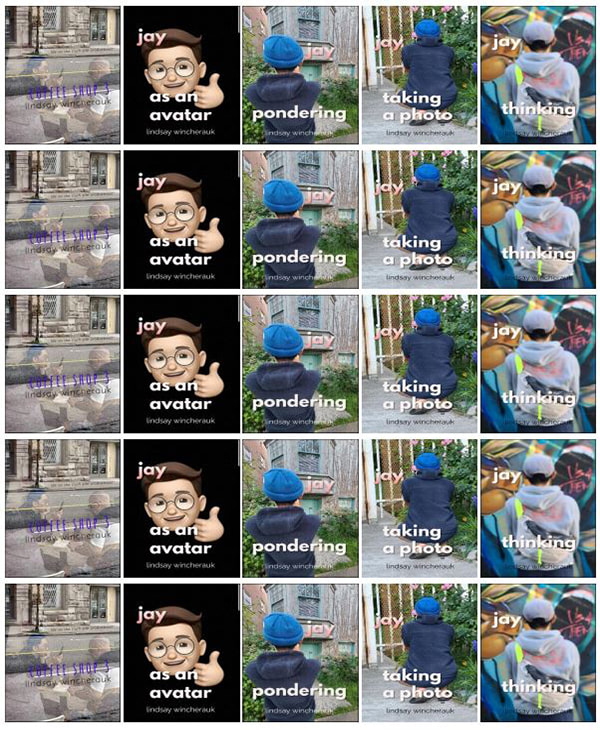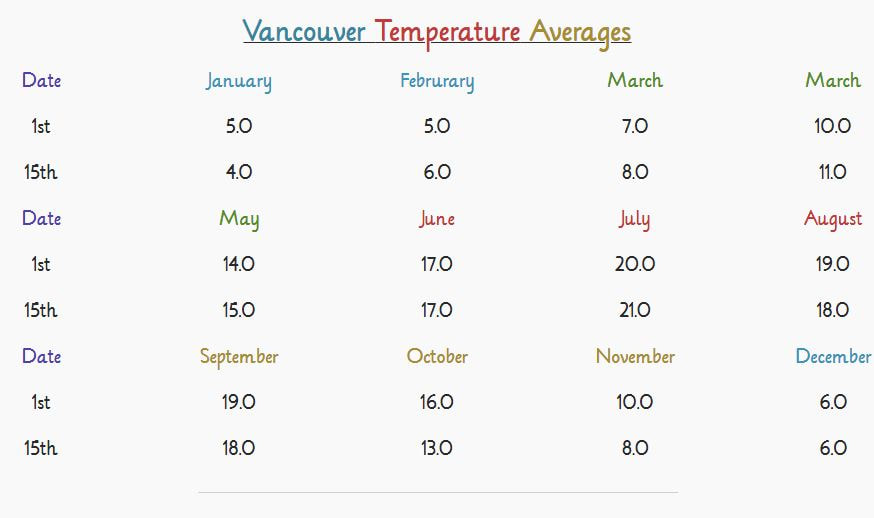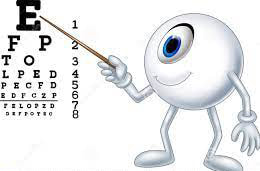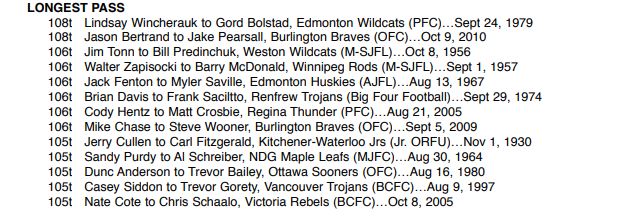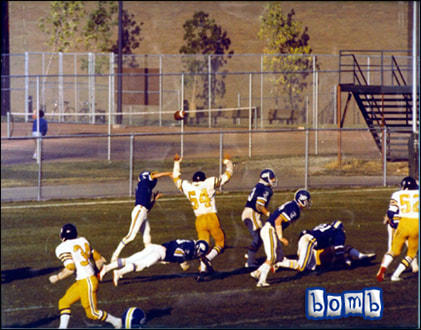June 2024
Welcome Message + Big Days + Art/Photo + Travel + More Art/Photos + Clickbait + What's on Page 2 + Music Bullpen
Happy Birthday to Me!
July 16
July 16
You are not the sum of your struggles. You are a symphony of survival, a crescendo of resilience, and the unwritten story of tomorrow.
- Lindsay Wincherauk
- Lindsay Wincherauk
July 1, 2024
Happy Birth Month to Me!
Not just to me but also to Canada and my friends: Danielle, Carl, Darryl, Stevie, Dean, someone named Christian (though I don’t remember him), Fiona, Rick, and countless others.
Despite the celebrations, I’m still grappling with crippling depression and stress.
I’ve taken what I believe to be my last job ever. It’s with a group of people who are forty years younger than me and on their first or second job. I’m struggling with the work—perhaps it’s an age thing—but I’m giving it my all.
This job is the most challenging I’ve ever had, and having to punch a clock for lunch breaks and such only deepens my depression.
I have my moments with customers, though.
An older man named Vincent orders something. I quip, “Price,” and he chuckles, saying, “Nobody would get that reference.” We laugh together, and I admit I’ve probably dated myself.
Next, a couple with an accent order, and I ask where they’re from. “Ohio,” they reply.
“I’m reading a book about Ohio’s most notorious serial killer,” I say. Another random moment.
Another pair walks in, and the man is black. He introduces himself as Keon. I ask if he knows Dave Keon, and he replies that his daughter goes to school with Dave’s granddaughter. Small world.
I’m exhausted.
Anyway, enjoy the summer.
Enjoy July.
Happy Birthday to me!
Lindsay
P.S. I am currently pitching 10 manuscripts (256 pitches and counting starting in June).
Not just to me but also to Canada and my friends: Danielle, Carl, Darryl, Stevie, Dean, someone named Christian (though I don’t remember him), Fiona, Rick, and countless others.
Despite the celebrations, I’m still grappling with crippling depression and stress.
I’ve taken what I believe to be my last job ever. It’s with a group of people who are forty years younger than me and on their first or second job. I’m struggling with the work—perhaps it’s an age thing—but I’m giving it my all.
This job is the most challenging I’ve ever had, and having to punch a clock for lunch breaks and such only deepens my depression.
I have my moments with customers, though.
An older man named Vincent orders something. I quip, “Price,” and he chuckles, saying, “Nobody would get that reference.” We laugh together, and I admit I’ve probably dated myself.
Next, a couple with an accent order, and I ask where they’re from. “Ohio,” they reply.
“I’m reading a book about Ohio’s most notorious serial killer,” I say. Another random moment.
Another pair walks in, and the man is black. He introduces himself as Keon. I ask if he knows Dave Keon, and he replies that his daughter goes to school with Dave’s granddaughter. Small world.
I’m exhausted.
Anyway, enjoy the summer.
Enjoy July.
Happy Birthday to me!
Lindsay
P.S. I am currently pitching 10 manuscripts (256 pitches and counting starting in June).
Sing
Find more music at the bottom of the page ↓↓↓
The songs only appear in web mode
The songs only appear in web mode
↓The Big Days↓
|
There comes a point in life (maybe an age) where if we are not spending most of our time cultivating our passions and chasing our dreams—eventually, you'll become nothing more than small talk.
|
July 1 |
The last time Wincherauk applied for work, he said the internet didn’t exist.
“You’re right at age purgatory because for every menial [job] I’m overqualified for and everything that I’m qualified for, nobody’s going to [hire] somebody my age,” he said.
“And it doesn’t matter how hard you try. If no door opens, what happens?”
“You’re right at age purgatory because for every menial [job] I’m overqualified for and everything that I’m qualified for, nobody’s going to [hire] somebody my age,” he said.
“And it doesn’t matter how hard you try. If no door opens, what happens?”
I suspect our collective digital obsession has dulled our ability to listen and empathize truly.
- from "Real Life" a work in progress.
- from "Real Life" a work in progress.
Longest Pass
108TD Lindsay Wincherauk to Gord Bolstad, Edmonton Wildcats (PFC)...Sept 24, 1979
108TD Lindsay Wincherauk to Gord Bolstad, Edmonton Wildcats (PFC)...Sept 24, 1979
"Boy in the Blue Hammock is worthy of classic status ... Groth's writing is extraordinary, heart-eviscerating and gripping..."
– Lindsay Wincherauk, author of Driving in Reverse
– Lindsay Wincherauk, author of Driving in Reverse
Wincherauk’s Signature Blend: A Roaring River of Thought
Wincherauk’s pen is not merely a stream of consciousness, it is a roaring river—a torrent of unbridled imagination, racing, creating, and overflowing with brilliance. Within this powerful flow, a rich fantasy land emerges, interwoven with reality, where parallel universes collide. This collision brings readers a delicious blend of what is, what could be, and a vision of a better world—a utopian fiction that transcends the ordinary.
Wincherauk’s narratives are infinite cascades of ideas, draped in empathy, compassion, and profound understanding. It is an island of kindness in the vast ocean of literature. His work is not just writing; it is a symphony of thoughts, a harmonious blend that sings to the soul, making the world a better place one page at a time.
Wincherauk’s pen is not merely a stream of consciousness, it is a roaring river—a torrent of unbridled imagination, racing, creating, and overflowing with brilliance. Within this powerful flow, a rich fantasy land emerges, interwoven with reality, where parallel universes collide. This collision brings readers a delicious blend of what is, what could be, and a vision of a better world—a utopian fiction that transcends the ordinary.
Wincherauk’s narratives are infinite cascades of ideas, draped in empathy, compassion, and profound understanding. It is an island of kindness in the vast ocean of literature. His work is not just writing; it is a symphony of thoughts, a harmonious blend that sings to the soul, making the world a better place one page at a time.
Lindsay-The Memoir + Glue + Real Life + The Stairs + Prose + Humans' Bistro + Plus 15 + Abe +
| book_press_releases__2024_.pdf | |
| File Size: | 2353 kb |
| File Type: | |
books ~ photos ~ food ~ comedy ~ tennis
easily the hottest site on the web
What's on Page 2
|
|
Music Bullpen
178 Songs in Waiting
(59 x 3) +1
(59 x 3) +1
Write. Read. Sing. Dance. Be Kind.
THIS SITE IS BEST VIEWED ON A DESKTOP OR IN WEB MODE
unconditional
|
|



